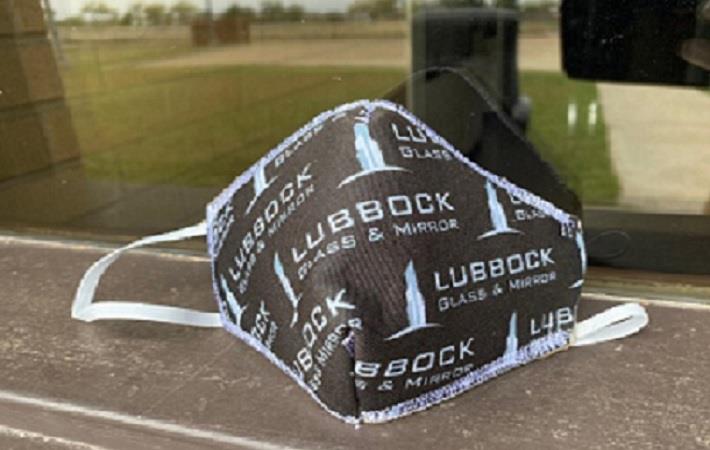A recent three-way collaboration between the Nonwovens and Advanced Materials Laboratory at Texas Tech University in the United States and two companies based in Lubbock in northwest Texas—Scarborough Specialties, Inc. and E Innovate, LLC—resulted in the development of a new improved face cover using cotton non-woven as a filter substrate.
“In the time of stress, it is necessary to collaborate and find the right partners to develop tools to race against COVID-19,” stated Ronald Kendall, Jr., founder and president of E Innovate.A recent three-way collaboration between the Nonwovens and Advanced Materials Laboratory at Texas Tech University in the United States and two companies based in Lubbock in northwest Texas—Scarborough Specialties, Inc. and E Innovate, LLC—resulted in the development of a new improved face cover using cotton non-woven as a filter substrate.#
As the intensity of viral transmission depends on the size of the virus and the load, filters that can trap finer particles of submicron size are needed. It is well accepted that to counter finer particles that easily diffuse through substrates, a filtering facepiece respirator–commonly referred to as an N95 mask is needed.
The efficiency of N95 masks depends on 3Fs—filtration capability, fit and form or comfort. In situations where aerosols are not an issue, face masks commonly referred to surgical masks are used, serving as a barrier to bodily fluids and exhalations.
Prior to COVID-19, the medical and first responder community widely used N95 and surgical masks. However, due to the severity of transmission and to support social distancing, face covers made from fabrics have evolved. Yet, depending on the structure and the material makeup, its ability to filter may vary. That need led to the collaboration to improve the filtration capability of common face covers, according to a report on a website dedicated to cotton industry news.
Face masks can be classified into several broad categories–filtering facepiece respirators, surgical masks and face covers. A fourth classification called ‘fisors’ has been developed through the Lubbock collaboration and focuses on enhanced face covers to protect the nose and mouth.
Fisors can have multiple types of filter substrates, depending on the need. However, studies have shown that copper and cellulosics like cotton do a better job in destabilising virus compared to plastics. Also, structures that provide a tortuous flow to air may serve as a better filter. Due to their random arrangement of fibres, non-wovens have been used as filters. Fisors utilize non-wovens from materials like cotton to enhance filtration.
ALCHEMPro News Desk (DS)
